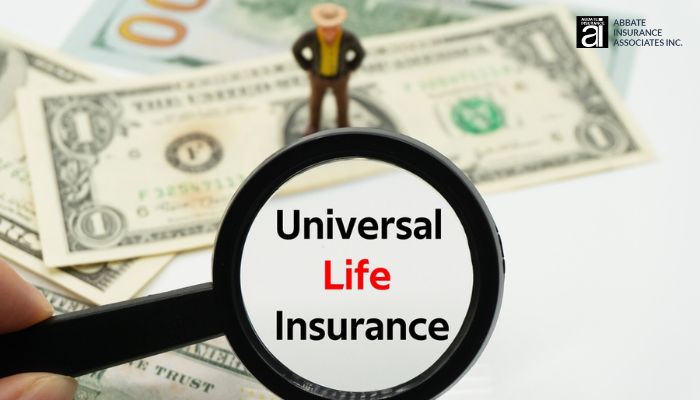Unlocking the Secrets of Universal Life Insurance: Pros, Cons, and Cost Analysis

In the vast landscape of insurance options, Universal Life Insurance stands out as a versatile and flexible financial tool that combines the benefits of life insurance with investment opportunities. Understanding the nuances of Universal Life Insurance is crucial for individuals seeking comprehensive coverage while exploring potential financial growth. Keep reading to learn about the pros, cons, and costs of Universal Life Insurance.
What Is Universal Life Insurance?
Universal Life Insurance (ULI) is a type of permanent life insurance that provides beneficiaries with a death benefit while accumulating cash value over time. Unlike traditional life insurance policies, ULI offers flexibility in premium payments and death benefits, allowing policyholders to adjust these aspects based on their financial circumstances.
Pros of Universal Life Insurance:
Flexibility: One of the key advantages of Universal Life Insurance is its flexibility. Policyholders can adjust their premium payments and death benefits according to changes in their financial situation, making it a dynamic choice for those anticipating fluctuations in income.
Cash Value Accumulation: ULI policies have a cash value component that grows over time. This cash value can be accessed or borrowed for several purposes, such as supplementing retirement income, paying for educational expenses, or covering emergencies.
Tax Advantages: The cash value growth within a Universal Life Insurance policy is tax-deferred, meaning policyholders can accumulate wealth without immediate tax implications. Additionally, death benefits are typically paid out tax-free to beneficiaries.
Lifetime Coverage: Universal Life Insurance covers the insured’s entire lifetime as long as premiums are paid. This makes it an attractive option for those seeking long-term financial protection.
Cons of Universal Life Insurance:
Costly Premiums: While ULI offers flexibility, the premiums can be higher than other life insurance options. Maintaining the policy requires consistent premium payments, and missing payments can negatively impact the cash value and death benefit.
Complexity: Understanding the intricacies of Universal Life Insurance, including how the cash value accumulates and the impact of adjusting premiums, can be challenging. Policyholders may need professional guidance to navigate the complexities effectively.
Market-linked Risks: Some ULI policies are tied to the performance of investment markets. If the market performs poorly, the cash value growth may be affected, impacting the policy’s overall value.
Cost of Universal Life Insurance
The cost of Universal Life Insurance varies based on factors such as age, health, coverage amount, and the chosen death benefit. Premiums can be higher than term life insurance but may offer potential financial growth and flexibility that outweigh the additional cost.
Balancing Act: Weighing the Pros and Cons of Universal Life Insurance
Universal Life Insurance is a multifaceted financial tool that can provide a unique combination of life insurance coverage and investment opportunities. While offering flexibility and tax benefits, it’s important to carefully consider potential drawbacks such as complex policy structures and market-related risks. For personalized guidance on whether Universal Life Insurance is the right fit for you, consider contacting Abbate Insurance, where our experienced professionals can help you navigate the intricacies of insurance and financial planning. Contact us today to secure your future with the right coverage and financial strategy.







